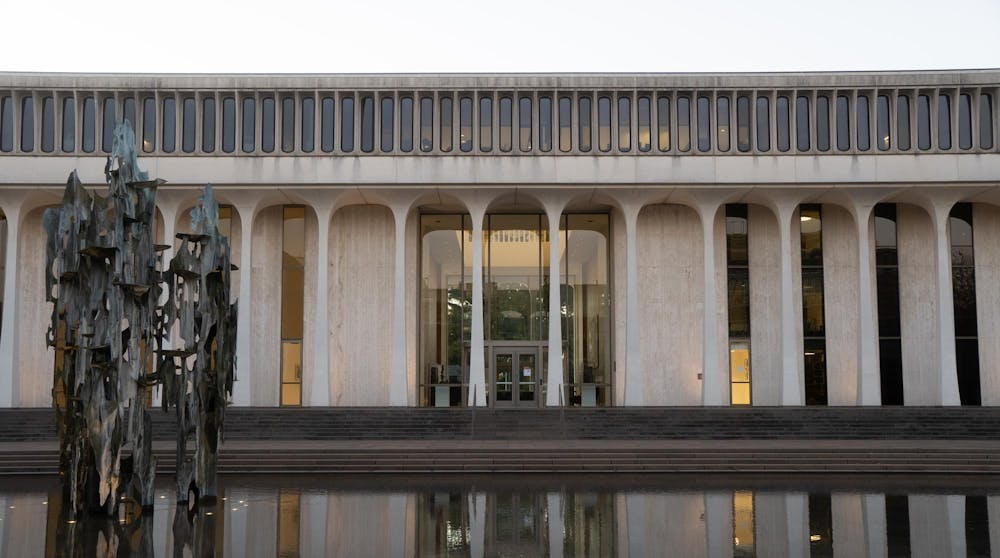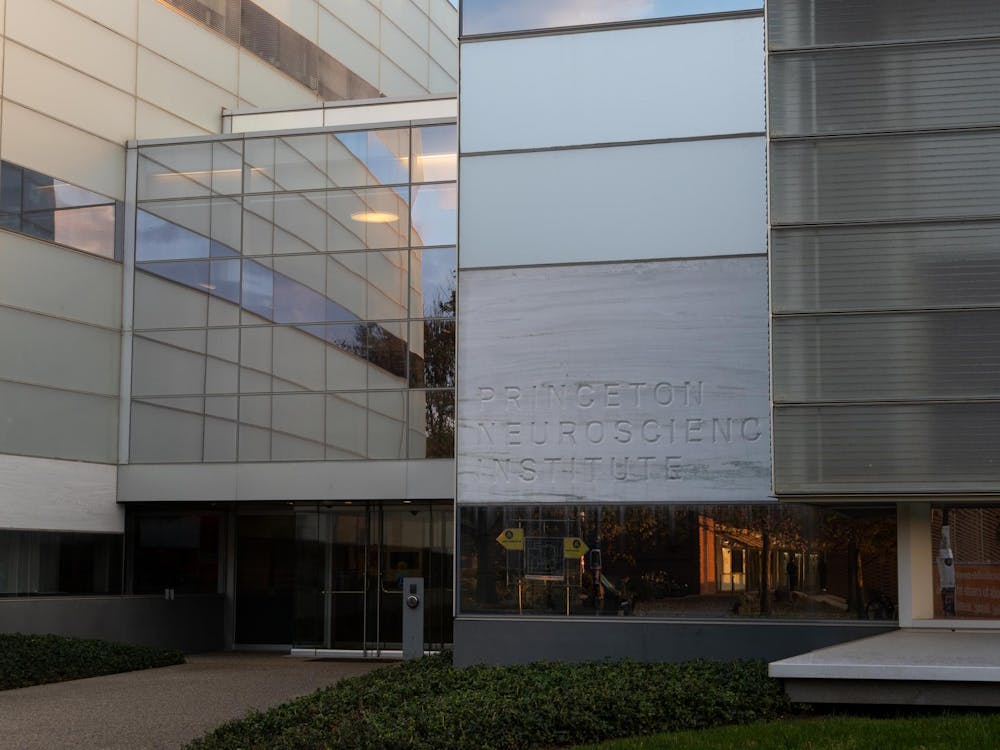The 2025–26 School of Public and International Affairs (SPIA) Guide to Senior Independent Work sent to SPIA seniors on Aug. 26 included a new clause: “Fall break and Winter break thesis research funding is limited.”
SPIA dean Paul Lipton wrote in a statement to The Daily Princetonian that the funding limits of $2,500 for these breaks “were in place last year,” although these caps were not detailed in last year’s guide.
At a mandatory thesis meeting for SPIA seniors on Sept. 3, presenters specifically noted the new section on funding and informed students that funding will likely be capped at around $2,000, according to attendees.
According to Susan Marquis, the SPIA Director of Undergraduate Studies, the addition is meant to ensure the department is more thoughtful with spending and to improve equity among students.
In an interview with The Daily Princetonian, Marquis said that in the past, funding has varied among students. “Some have gotten … roughly four to five thousand [dollars]. Some have only gotten a thousand dollars.”
Marquis said that the department had begun a more comprehensive review of thesis travel funding “for several years,” and noted that the funding cap was in place last year, as well. “It’s a more thoughtful, rigorous, and fair process,” she added.
“There was an assumption that you could have three weeks of travel funding, or there was an assumption that you’d hit several different continents, and that just didn’t make sense,” Marquis said.
“I’ve definitely had upperclassmen friends that have taken multi-week long international trips, and I did anticipate being able to do that,” Jasmine Chen ’26, a SPIA major, told the ‘Prince.’

Joe Wahba ’26, another SPIA major, told the ‘Prince’ that his thesis advisor recommended securing summer funding for his thesis, cautioning that funding may be cut going forward. Wahba spent four weeks in Washington, D.C., conducting research and told the ‘Prince’ that the new recommended trip length of 10 days “may not be enough” for students.
Lipton wrote that the funding “for summer senior thesis research has not been impacted by the University’s current budget environment.”
Chen noted that the funding caps required her to adjust her thesis topic. “Before, I was looking towards [studying] a larger geo-economic topic, and now I’m doing something that relates more to both local state governments and international relations,” she said.
The document recommended applying for several funding sources across departments.

This is “a very time-consuming process” that “definitely makes things more difficult for us,” Wahba said of this recommendation.
Chen acknowledged that competition for funding didn’t come as a total surprise to SPIA majors. “Since SPIA is a pretty big department, we’ve always kind of been aware that funding is generally more competitive,” she said, noting that students in smaller departments might face less competition for resources.
Still, Wahba said he thinks funding should vary by scale, like in years prior. “I think they should look at the funding requirements for each project, and then conduct the process accordingly,” he told the ‘Prince.’
“Funding at Princeton for thesis research is more generous than you’ll probably find anywhere else in the country. We just have to be attentive to how we use it and be responsible with it,” Marquis said.
Leela Hensler is a staff News writer and Sports contributor for the ‘Prince.’
Please send any corrections to corrections[at]dailyprincetonian.com.
Correction: A previous version of this article stated that the caps on Fall and Winter break thesis funding are new this year. The caps have actually existed since last year, although this is the first time the caps have been specified in the thesis guide. The headline has also been changed to reflect this. The ‘Prince’ regrets this error.








